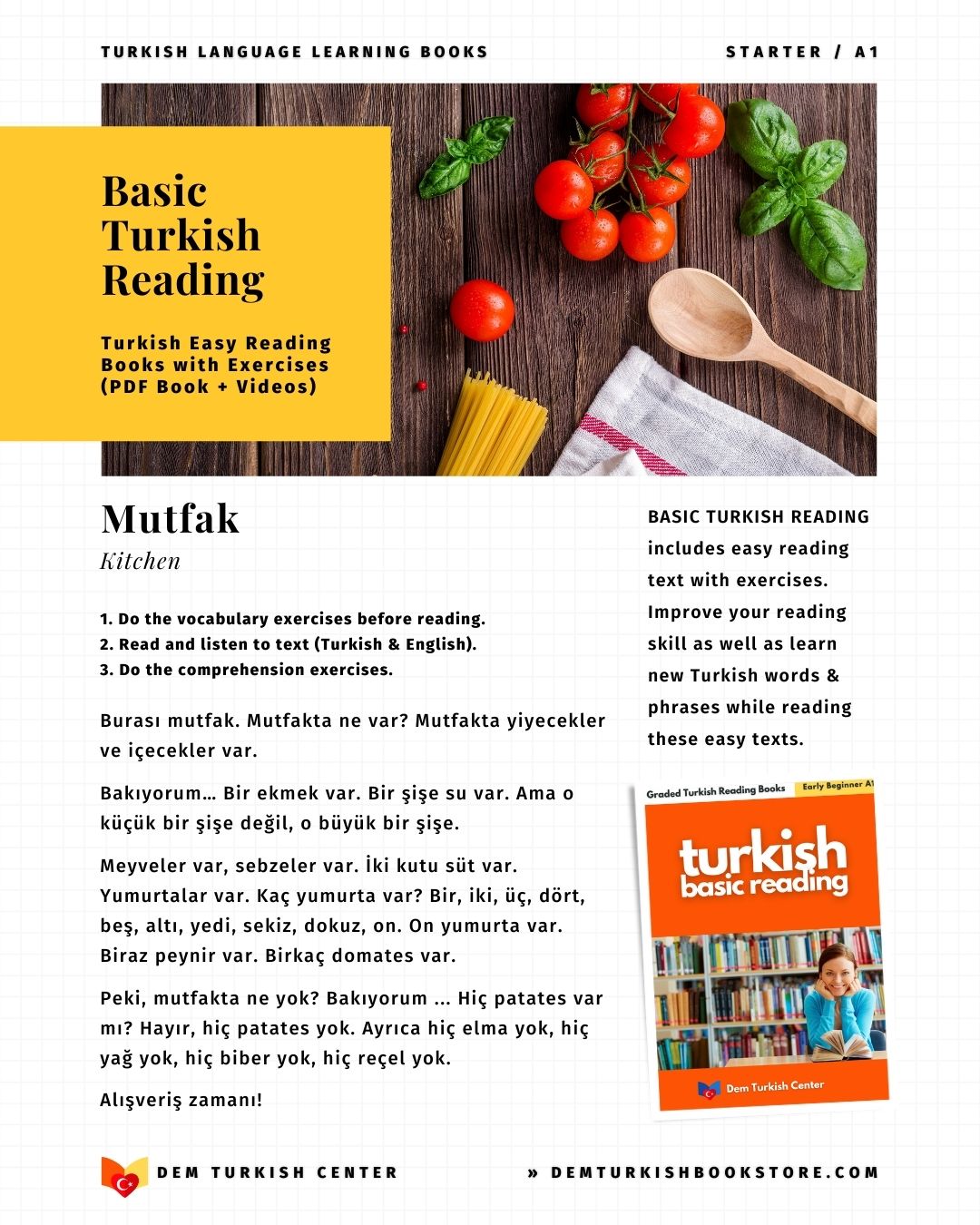
50 Proven Language Learning Tips
Do you know the 50 proven language learning tips? Here’s a comprehensive list of 50 tips to help you learn a new language effectively if you are learning a new language and need tips:
Learn Turkish yourself with online Turkish lessons, anytime, anywhere!
SETTING GOALS
1. Define Your Purpose
Understand why you want to learn the language.
2. Set Specific Goals
Create measurable and achievable short-term and long-term goals.
3. Break It Down
Divide your learning into smaller, manageable tasks.
LEARNING RESOURCES
4. Use Language Apps
Leverage apps like Duolingo, Babbel, or Memrise for structured learning.
5. Read Textbooks
Invest in quality textbooks that focus on grammar and vocabulary.
6. Watch Movies and TV Shows
Enjoy media in the target language with subtitles to improve listening skills.
7. Listen to Music
Explore songs in the language to familiarize yourself with vocabulary and pronunciation.
8. Podcasts and Audiobooks
Listen to content designed for learners or native speakers to enhance comprehension.
VOCABULARY BUILDING
9. Daily Word Practice
Learn a few new words each day and use them in sentences.
10. Flashcards
Create physical or digital flashcards for vocabulary review.
11. Thematic Vocabulary
Group words by themes (e.g., food, travel, emotions) for easier memorization.
12. Label Objects
Place labels on items around your home with their names in the target language.
GRAMMAR AND STRUCTURE
13. Focus on Basics
Start with fundamental grammar rules before diving deeper.
14. Practice Sentence Construction
Write simple sentences to apply grammatical structures.
15. Use Grammar Apps
Explore apps specifically designed to teach grammar.
SPEAKING PRACTICE
16. Language Exchange
Find a partner to practice speaking through apps like HelloTalk or Tandem.
17. Join Conversation Groups
Participate in local or online groups to practice speaking.
18. Speak to Yourself
Practice speaking aloud when you're alone to build confidence.
19. Use Shadowing Technique
Listen to native speakers and repeat what they say to improve pronunciation and intonation.
WRITING PRACTICE
20. Journal in the Language
Keep a daily diary to practice writing.
21. Write Short Essays
Choose topics you enjoy and write about them in the target language.
22. Participate in Online Forums
Engage in discussions on social media or language learning platforms.
LISTENING SKILLS
<23. Watch with Subtitles
Start with subtitles in your native language, then switch to the target language.
24. Focus on Context
Try to understand the general meaning even if you don’t know every word.
25. Practice Active Listening
Take notes or summarize what you hear to reinforce comprehension.
IMMERSION TECHNIQUES
26. Surround Yourself with the Language
Change your device language settings and immerse yourself in the language daily.
27. Travel to a Country Where the Language Is Spoken
Engage with locals to practice speaking.
28. Cultural Events
Attend local cultural events to connect with native speakers and learn more about the culture.
study habıts
29. Consistent Practice
Dedicate time daily for study, even if it’s just 15 minutes.
30. Variety in Study
Use a mix of methods (reading, writing, speaking, listening) to keep learning dynamic.
31. Track Your Progress
Keep a journal of your achievements to stay motivated.
32. Practice Spaced Repetition
Review material regularly to reinforce memory retention.
MOTIVATION AND MINDSET
33. Stay Positive
Embrace mistakes as part of the learning process.
34. Reward Yourself
Celebrate milestones with small rewards.
35. Connect with Fellow Learners
Join language communities for support and motivation.
PRACTICAL APPLICATION
36. Use the Language in Real Situations
Try ordering food, asking for directions, or making small talk in the target language.
37. Teach Others
Explain what you’ve learned to someone else to reinforce your knowledge.
38. Write Letters or Emails
Practice writing by communicating with native speakers.
TECHNOLOGY AND TOOLS
39. Use Online Resources
Explore websites, blogs, and forums dedicated to language learning.
40. Explore Language Learning YouTube Channels
Follow channels that focus on language instruction.
41. Utilize Speech Recognition Software
Practice pronunciation with tools that provide feedback.
CULTURAL UNDERSTANDING
42. Learn About the Culture
Understanding cultural context can enhance language learning.
43. Follow News in the Language
Stay updated with current events by reading news articles.
REVIEW AND REFLECTION
44. Regularly Review Vocabulary
Spend time each week reviewing what you’ve learned.
45. Reflect on Progress
Periodically assess what you’ve learned and adjust your study methods accordingly.
ENJOY THE PROCESS
46. Make It Fun
Incorporate games, quizzes, and challenges into your learning routine.
47. Be Patient
Language learning takes time; be patient with your progress.
48. Use Humor
Lighten the mood by incorporating funny content or jokes in the target language.
FINAL TIPS
49. Stay Curious
Always seek to learn more about the language and its nuances.
50. Believe in Yourself
Confidence is key; trust that you can achieve your language learning goals!
By incorporating these tips into your language learning routine, you can create a comprehensive and enjoyable approach to mastering your new language. Good luck!













